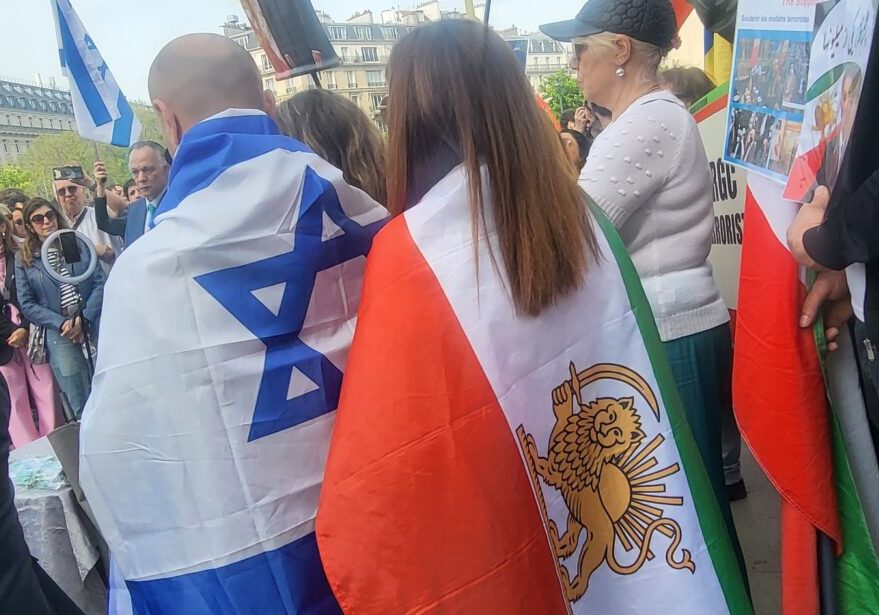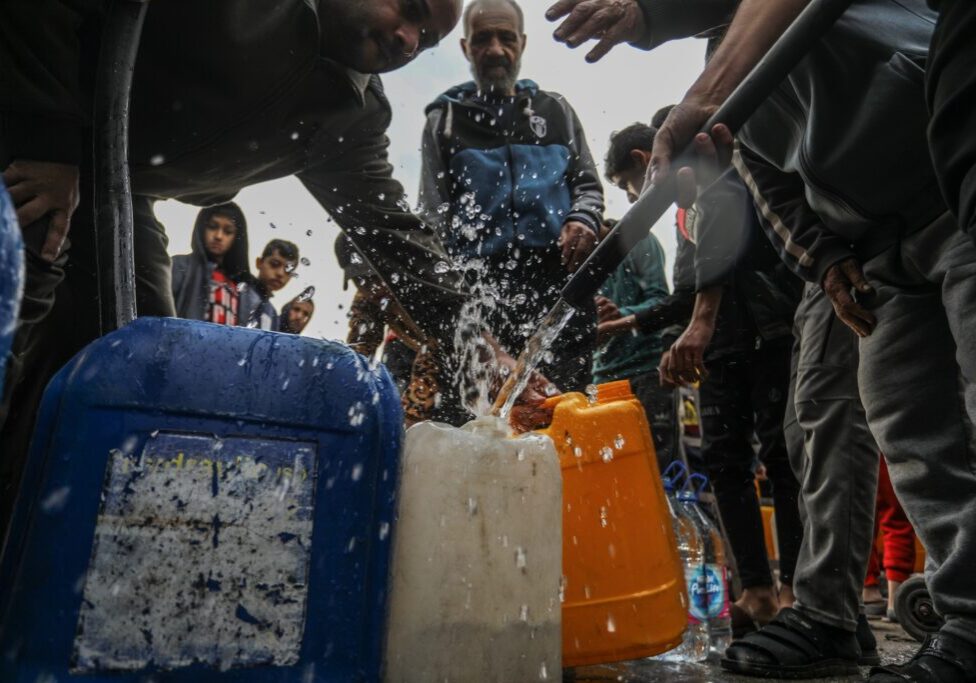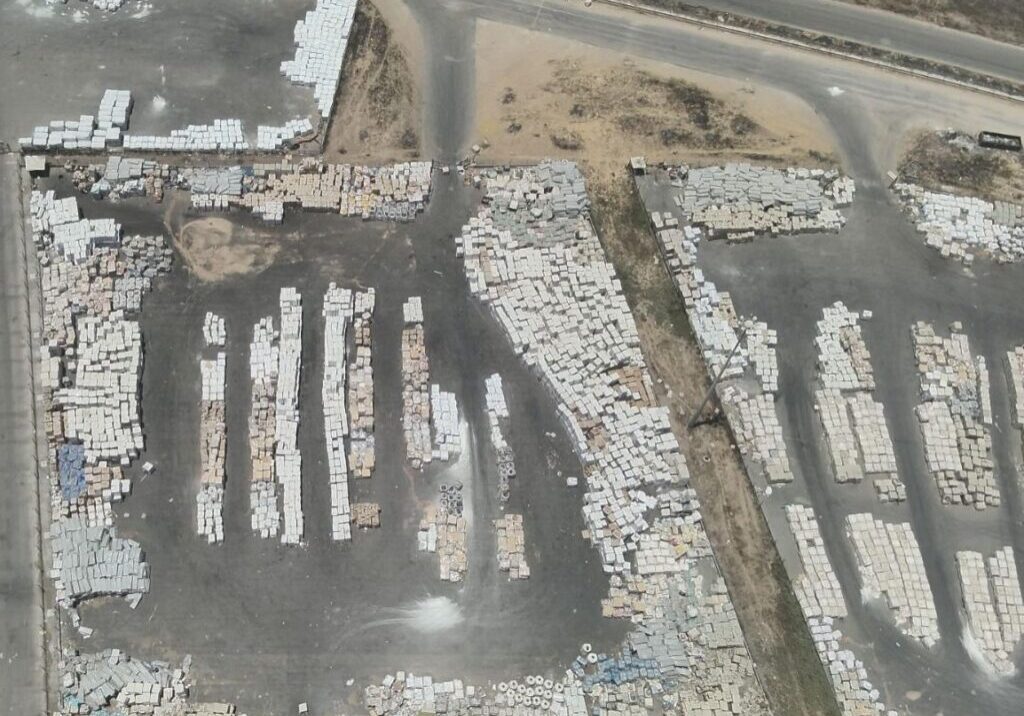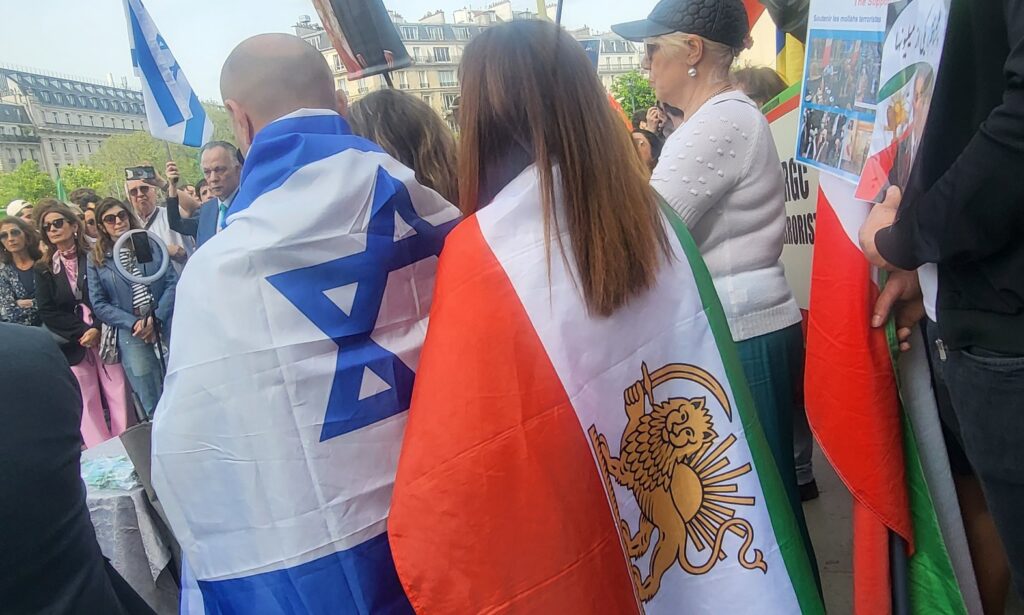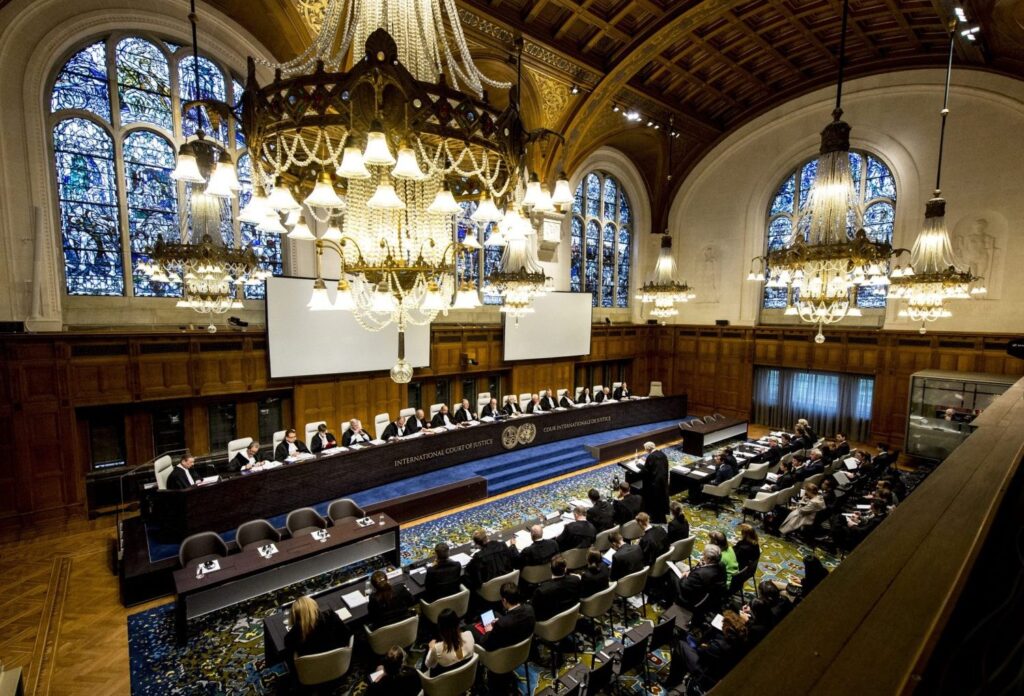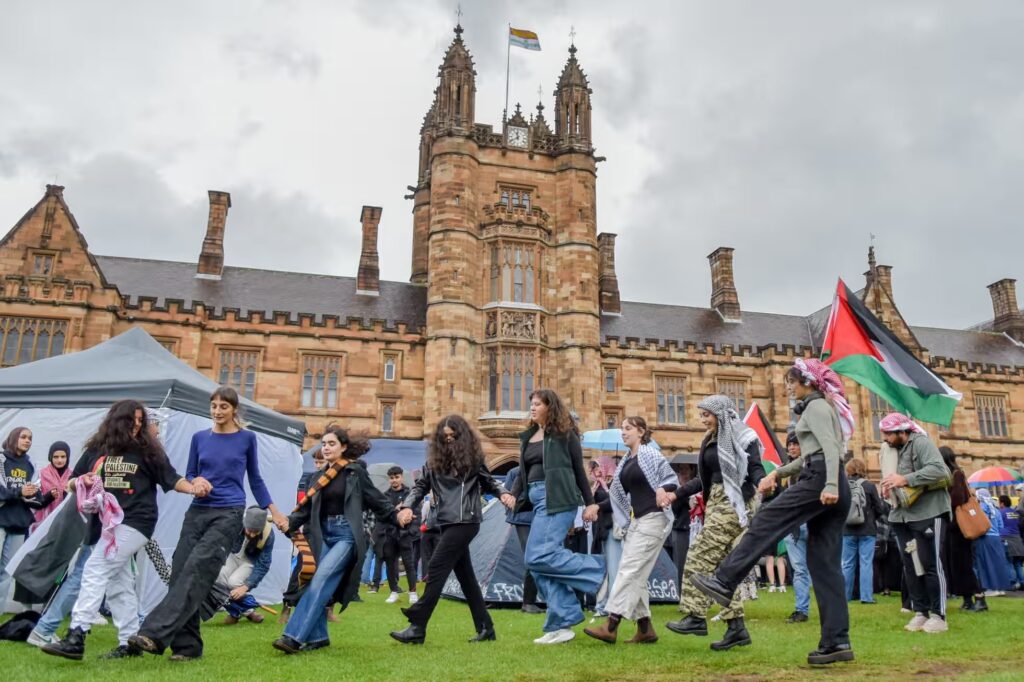FRESH AIR
After over 7 months of silence, Government rejects nearly all Senate recommendations on Iran
Sep 14, 2023 | Oved Lobel

After over seven months of seemingly ignoring the Feb. 1 Senate report on the “Human rights implications of recent violence in Iran,” containing 12 recommendations based on hundreds of submissions and expert testimony, the Government officially responded on Sept. 13. It accepted only two of the recommendations in full and one in part, while noting seven and rejecting two – including the key recommendation to list the Islamic Revolutionary Guard Corps (IRGC) as a terrorist organisation under the Criminal Code.
Alongside its belated response to the Senate report, this week the Government also imposed sanctions on seven Iranian individuals and entities involved in domestic human rights abuses – once again lagging a month or more behind the latest sanctions announcements by Canada, the United Kingdom and European Union.
Additionally, the Government amended the Iran autonomous sanctions framework on July 6 to expand sanctions on individuals and entities involved in oppression, the undermining of good governance or the rule of law and assisting Iran to threaten or undermine the sovereignty or territorial integrity of another country. However, this amendment was not accompanied by any actual sanctions, unlike in the UK and EU, which also both amended their frameworks in July.
It is especially notable that, unlike our allies, Australia has again been silent on Iran’s military support for Russia’s war against Ukraine, and has yet to impose any new sanctions against it for such activity since March 20, despite the fact that this support has drastically increased. It now includes artillery shells and millions of rounds of small arms ammunition, as well as drones – and a large factory being established in Russia with Iranian aid to manufacture them – and body armour.
The official rejection of the recommendation to list the IRGC – despite the fact that it fulfils all legislative and non-legislative criteria for listing – should not come as a surprise, as the Attorney-General’s very belated submission to the Committee’s inquiry asserted, based on technical and tenuous legal grounds, that it couldn’t be done. In response, the Committee report included the following:
Presuming the Australian Government agrees with and accepts [the argument of the Attorney-General’s department], the obligation is on the government to bring forward legislative amendments to ensure that the IRGC – clearly a facilitator and promoter of terrorism – does not escape listing as a terrorist organisation based on a technicality.
However, Labor members of the Committee rejected not only the recommendation to list the organisation, but even the recommendation to amend legislation to allow a listing if required.
What does come as more of a surprise is the Government’s implicit rejection of the recommendation “that any Iranian officials in Australia considered to be involved in intimidation, threats, or monitoring of Australians be expelled.” According to the Government’s response, it “considers embassies and diplomatic officials to be essential for maintaining official channels of communication between governments.” Fair enough. But is this need so paramount that even officials judged to be engaged in monitoring, intimidating or threatening Australian citizens and residents must also be protected?
Meanwhile, in Iran, the oppression has gone from bad to worse and the regime has increased military support for Russia. Clearly, the “direct representations to the Iranian Government on issues of concern” that the Government says it values so greatly have fallen on deaf ears.
This reflexive support for Iran’s diplomatic presence here is particularly alarming given the fact that, as AIJAC noted in its submission to the Senate inquiry:
Iranian embassies are used to interface with terrorist proxies or directly conduct terrorism globally. It is well documented that Iranian diplomats routinely plan, oversee and even participate in attacks, and act as agents of the regime in monitoring, and sometimes initiating violence or threats against, Iranian dissidents living abroad.
Following what is by now a familiar pattern, the timing of the Government’s response and announcement of new sanctions arguably may have been dictated by the need to head off domestic political pressure as we approach the one-year anniversary of Mahsa Amini’s death and the start of the “Women, Life, Freedom” protests this week, an event being marked by supporters of Iranian political freedom around the world.
Despite a year of accumulating evidence that Australia has both rhetorically and practically been relatively quiet and much less active in terms of imposing sanctions on Iran compared to virtually all our allies, the Government is bizarrely insisting this is not the case. Its response to the Senate’s Foreign Affairs, Defence and Trade References Committee report asserts, “The Government does not accept the Committee’s finding that Australia continues to lag behind other nations in responding to the human rights abuses in Iran.”
Just why the Australian Government continues to refuse to coordinate with its allies when it comes to sanctions on Iran, and is content to self-evidently lag behind other nations in its statements and actions, remains a mystery.

